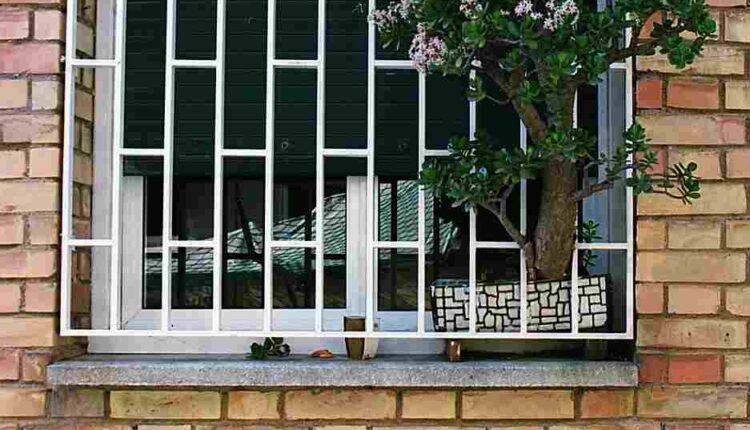Safe Real Estate Purchasing in Spain
Investing in real estate in a foreign country is a huge step that should not be taken lightly. When purchasing abroad, it’s unsafe to expect everything to go as it does at home; there’s usually a whole new set of rules and regulations, traditions, and pitfalls to familiarize oneself with.
And Spain is no exception; the country’s complex legal system can easily trap a novice property investor. In this post, we’ll look at three aspects of buying property in Spain that you should be familiar with at least.
It is a ‘custom’ in Spain for buyers to help sellers avoid paying capital gains tax by hiding money in the purchase price. It is not uncommon for the seller to request a significantly lower purchase price be included in the purchase contract, expecting the buyer to pay the difference in cash.
It’s been done this way for years in Spain and shouldn’t have any repercussions for anyone involved (the buyer, the seller, or the tax man).
Wrong!
The new socialist administration in Spain has initiated a crackdown on money laundering and tax cheating, and they’re focusing their efforts on the country’s real estate industry.
Many would-be buyers reading this will naturally assume that the seller, estate agent, and solicitor involved in the transaction will back down and accept that accurate figures are entered into the contract and taxation be paid accordingly if they are asked to act illegally because of the new crackdown, which could result in investigation, fines, and even a lengthy prison term.
However, the aforementioned ideal scenario is often very different from reality for people who fail to comply with the vendor’s requests. If the seller cannot get his way, the sale will fall, and the buyer will lose their deposit and their dream home in Spain.
So, what advice would you give someone in this circumstance who wants to buy a home in Spain? Is it reasonable to comply with the vendor’s request for a brown paper bag containing 500 Euro bills? If they do, whatever profit they make upon selling the property will be measured against the purchase price for calculating their capital gains tax liability. Therefore, if the buyer intends to resell the home in the future, he or she will need to urge the buyer to agree to the decreased sum included in the contract. There will inevitably be a loser; you want to ensure it’s not you. I would advise against taking any illegal action, even if it means risking the loss of a particular home in Spain, no matter how much you may want it.
Don’t let the short-term joy of buying a house in Spain blind you to the potential legal and long-term financial ramifications of what you’re being asked to do.
The second issue that needs to be addressed is that many unlicensed and incompetent real estate agents work in Spain. For example, the ease with which anyone can enter the real estate industry on the Costa del Sol has led to both inexperienced buyers and those looking to take advantage of their good nature.
Find an estate agent with a stellar reputation—one that they will fight tooth and nail to maintain—, and you can rest assured that they will provide you with nothing short of excellent service. Also, look for a representative who is bilingual in English and Spanish. Your agent should be well-versed with the property, contract, terms, and circumstances and can relay this information to you accurately.
Many real estate agents advise their clients to see a lawyer regarding legal matters like contract discussions, property searches, etc. It’s important to remember that the agent who recommends a lawyer to you may have their interests in mind rather than yours. Why? Since the agent sends a lot of business, he will prioritize strengthening that connection. Of course, this isn’t always the case. Still, you may have more success locating a competent and trustworthy independent lawyer if you ask for referrals from people you know and trust who have dealt with that individual previously.
Land law reforms in Valencia and, more recently, Andalusia have been enacted. While they are “good,” Theoretically, they are the stuff of nightmares for many foreign buyers in both regions.
In theory, the regulations were enacted to safeguard rural and agricultural lands from being overdeveloped and to prevent landowners from imposing unreasonable restrictions on development. But the laws have been poorly executed and misused, and many incidents of non-citizen residents believing they were unfairly targeted because of their nationality.
Many individual buyers in Valencia have been harmed by developers who have taken advantage of loopholes in the statute, leading the European Union to decide that the provision is irrational. Therefore, it has been revised, and its approval by the Valencian parliament is pending.
Many non-Spanish landowners in Andalusia were disappointed when new regulations made building a house on their property impossible. It’s a classic instance of buyer beware, and more importantly, the buyer needs to perform all of their research before committing to a purchase. If you want to buy a ruined or dilapidated building in Spain to renovate it or construct a new structure from scratch on an empty plot, you need to ensure that the necessary permits will be issued and that the land is suitable for your plans.
If you maintain your composure and do the same degree of due diligence as you would when purchasing a home back home, you should be fine when purchasing real estate in beautiful Spain. Consider the long-term effects of your decisions, and if you need help with the legal and financial aspects of an international purchase, consult with knowledgeable and trustworthy professionals.
Rhiannon Williamson runs the website http://www.shelteroffshore.com, a hub for information about offshore investing, buying property abroad, and the ex-pat life.
Follow the link for helpful articles, recommendations, resources, and reading on Spanish real estate and relocation to Spain.
Read also: https://paperily.com/category/real-estate/


